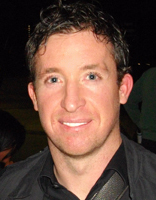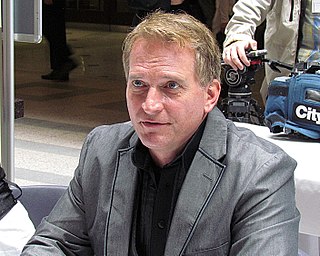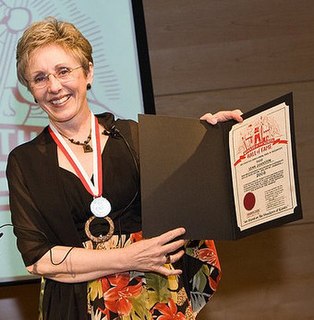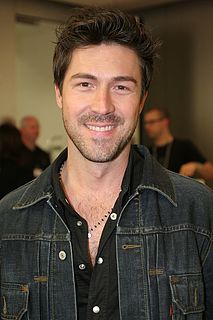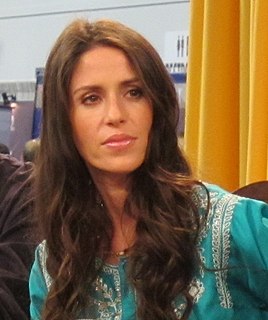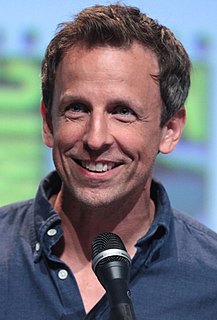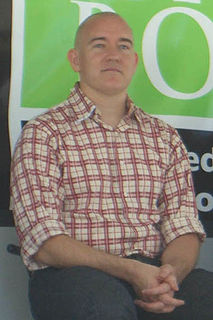A Quote by Robbie Fowler
Houllier did what he had to do – I’m not the first person to be treated like a disposable commodity
Quote Topics
Related Quotes
I am talking about ordinary people making the link between their communities being treated as disposable and the assumption that the environments they depend on are disposable as well. What gives me hope is the kind of bridgework I'm seeing between social movements on the one hand, and young writers and artists on the other, all intent on opposing such pitiless, short-term thinking.
Your life could be taken from you at any moment. Between AIDS and the violence against gay people that was so prevalent back then, you really didn't feel like you were living in the United States of America, in a first world country. You had a sense that life was a precious commodity you had to fight to keep.
